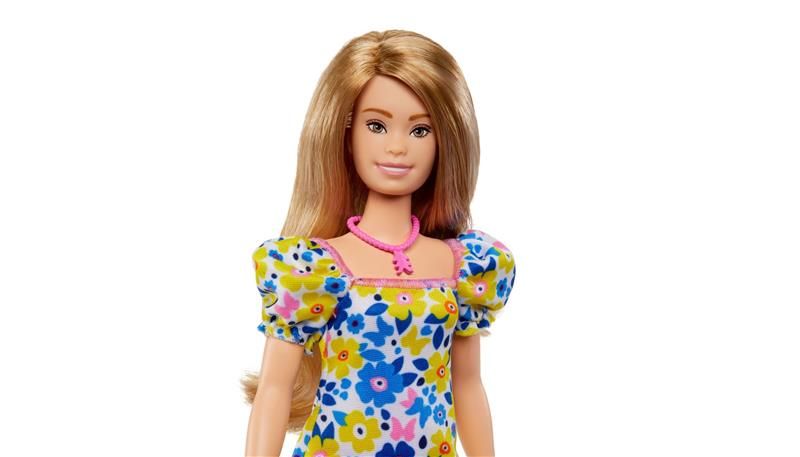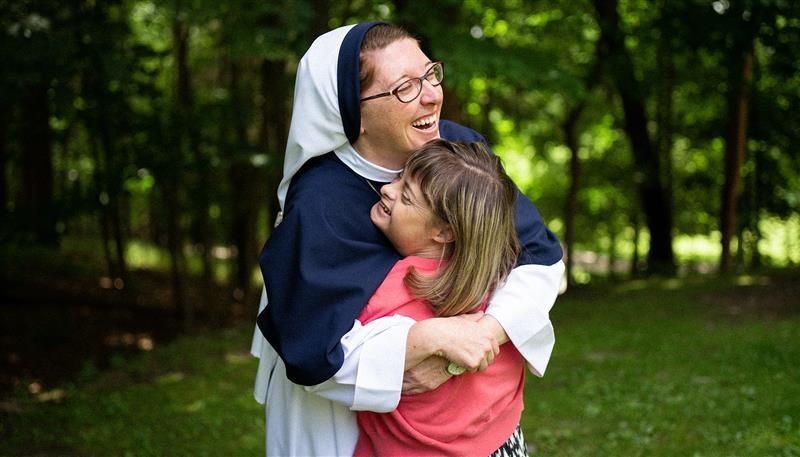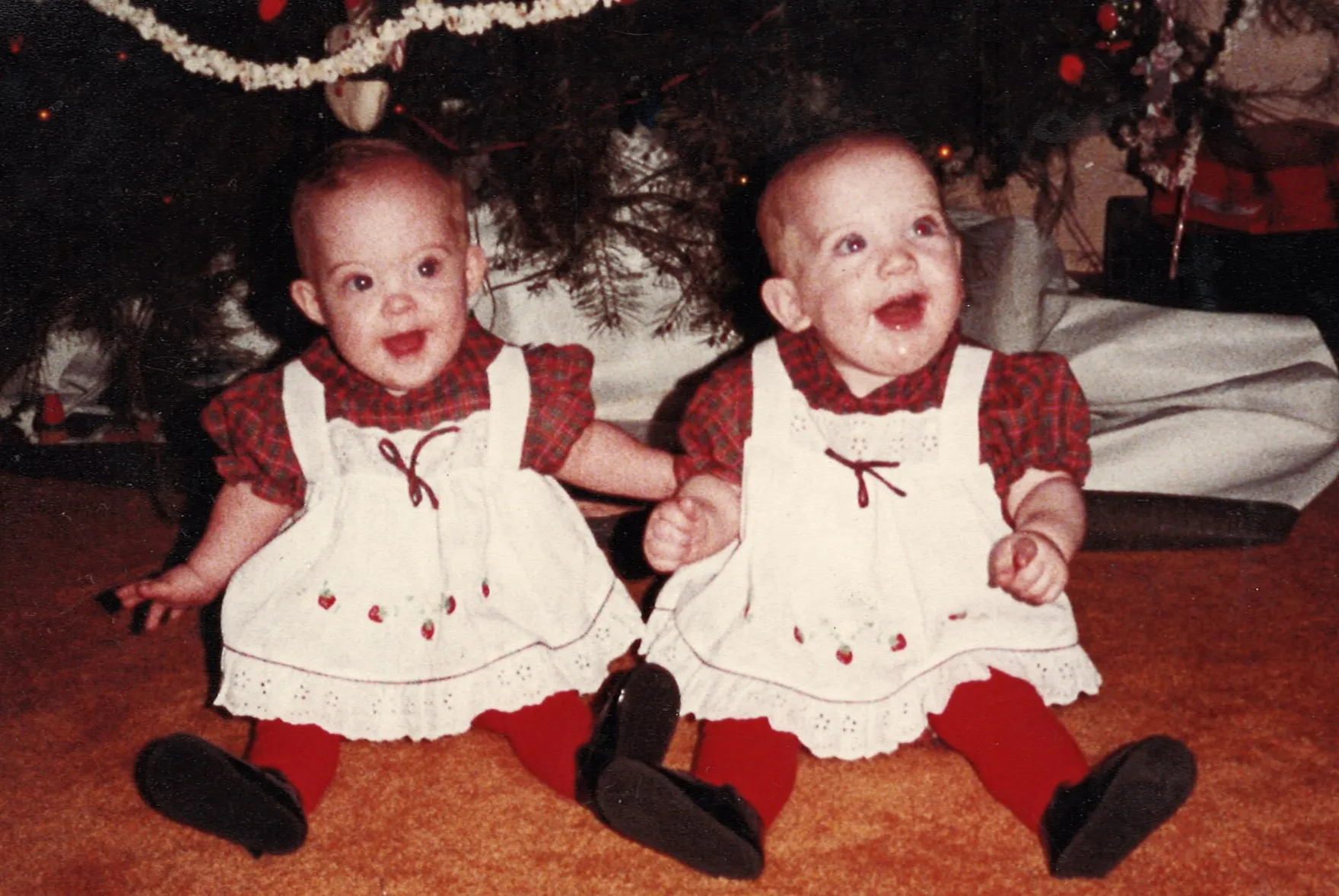
CUA panel: Prenatal testing poses unique threat to preborn children with Down syndrome
 Carissa Carroll, pictured with her son Jack, founded the nonprofit organization Jack’s Basket to celebrate babies with Down syndrome / Credit: Screenshot/EWTN Pro-Life Weekly
Carissa Carroll, pictured with her son Jack, founded the nonprofit organization Jack’s Basket to celebrate babies with Down syndrome / Credit: Screenshot/EWTN Pro-Life Weekly
Washington, D.C. Newsroom, Mar 21, 2024 / 09:00 am (CNA).
As many countries celebrate World Down Syndrome Day on March 21, a panel of pro-life leaders and scholars is calling attention to the threat that prenatal testing poses to preborn children who are diagnosed with Down syndrome in the womb.
“[The mother] often faces tremendous internal and external pressure to undergo an abortion,” said J.D. Flynn, who moderated the panel at the Catholic University of America’s Institute for Human Ecology and is himself the father of two children with Down syndrome.
Prenatal screening within the first 11 through 14 weeks of pregnancy can determine whether a preborn child has a higher likelihood of having Down syndrome, but a follow-up diagnostic test can confirm whether the child has the condition. Although efforts to destigmatize the condition have had some success, the likelihood that a mother will abort her child increases dramatically after such a diagnosis.
A 2012 study that compiled data from 24 studies between 1995 and 2011 found that more than two-thirds of preborn children who were diagnosed with Down syndrome in the womb were killed via abortion. Rates throughout Europe are even higher — more than 90%. In Iceland, nearly all preborn children diagnosed with Down syndrome are aborted and only about two or three children with Down syndrome are born every year.
Mary O’Callaghan, a visiting fellow at Notre Dame University’s McGrath Institute for Church Life, noted a disconnect between the “more positive” attitude the public expresses about people with Down syndrome and the “more aggressive targeting” of abortion for preborn children with Down syndrome.
“Those with Down syndrome are increasingly showing us their ability to flourish,” said O’Callaghan, who also has a child with Down syndrome. In spite of this, she said, “we’re in a much worse place in respect to abortion and Down syndrome.”
Bridget Brown, a 36-year-old woman with Down syndrome who serves on the National Catholic Partnership on Disability Council on Intellectual and Developmental Disabilities, expressed the same concern.
Noting the trends in countries such as Iceland, Brown said she may be from the last generation of people with Down syndrome: “The world may never again benefit from our gifts.”
“This is genocide — the systematic killing of a whole people,” Brown added, citing a letter she wrote to Pope Francis about the situation in Iceland before meeting the pontiff in 2017.

According to Tracy Winsor, who co-founded an organization to support couples who carry their children to term after a prenatal diagnosis called Be Not Afraid, many women consider abortion after a diagnosis because receiving the news is a “traumatic event” for most couples and is presented as a “worst-case scenario.”
Winsor noted that doctors will present a lot of information, which “can be overwhelming” at the moment. She advises parents to immediately connect with parents who have children living with Down syndrome and to advocates for individuals with Down syndrome.
O’Callaghan agreed: “Meeting with other parents around this time is very helpful [in reducing abortion].” Prenatal testing, she noted, should be oriented toward preparing for their child.
“They need to think about prenatal testing oriented toward the health of their child,” O’Callaghan said.
Brown similarly noted that like everyone else, her “life is filled with hopes and possibilities” and encouraged couples who receive a prenatal Down syndrome diagnosis for their preborn child to approach the situation positively.
“Make plans based on dreams and not on fears,” Brown said. “Believe in yourself and your child.”





